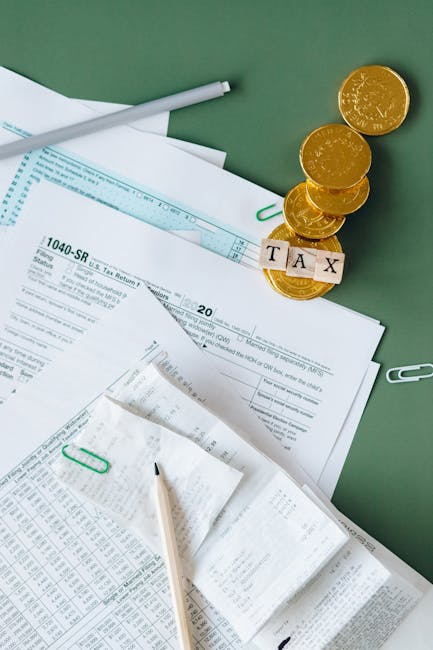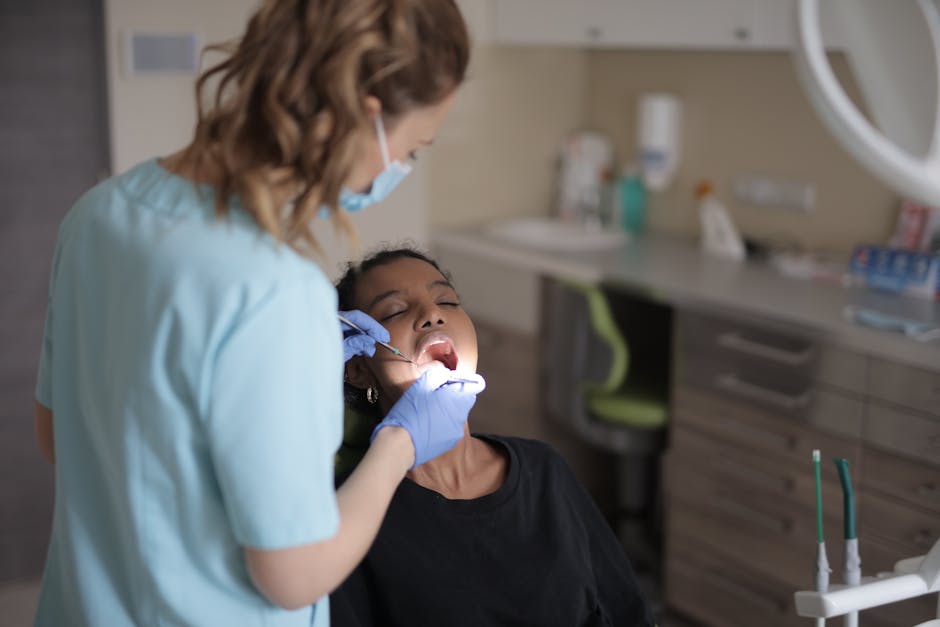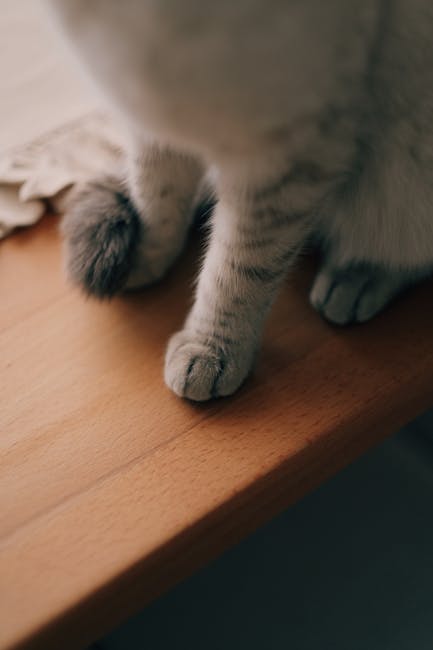On a bright sunny morning, Mr. Li, clutching his abdomen with a grave expression, walked into the gastroenterology department of the hospital. He had been feeling exceptionally fatigued recently, with his skin showing signs of jaundice and his urine a deep yellow color, making him quite uneasy, and he resolutely decided to seek help from a physician. After examination, the doctor diagnosed Mr. Li with hepatitis, and the condition was rather serious.
Mr. Li was shocked by this, as he had never thought he would suffer from liver disease. The doctor explained: “Liver diseases are often overlooked due to mild initial symptoms; by the time symptoms become significant, the condition may have already become quite serious.” Mr. Li remembered that he had experienced a lack of appetite and fatigue before, but he had attributed these to overwork and had not taken them seriously.
The doctor pointed out: The liver is a silent organ, its damage does not cause intense pain, but it sends warnings through subtle changes such as skin jaundice, changes in urine color, fatigue, and a decrease in appetite.
The harm of liver disease is extensive; it leads to decreased liver function, increasing the risk of complications such as liver cirrhosis, liver cancer, etc., seriously affecting the quality of life and can also bring about immense psychological stress.
About the symptoms of liver disease, we should pay attention to:
Skin jaundice: Liver damage leads to the accumulation of bilirubin, causing the skin and whites of the eyes to turn yellow.
Change in urine color: Urine turns dark yellow or tea-colored due to an increase in bilirubin content.
Decreased appetite and nausea: Caused by the reduced secretion of digestive enzymes.
Fatigue and weakness: Impact on energy metabolism.
Abdominal discomfort or pain: Due to an enlarged or inflamed liver.
After understanding these symptoms, we must pay more attention to signals from the body, and seek medical attention timely upon discovery. Mr. Li’s case is a warning: liver disease may approach silently. We need to always listen to the body’s voice, respond to the liver’s “distress signals”. By living a healthy lifestyle, getting regular check-ups and seeking timely medical care, we can effectively prevent and treat liver diseases and protect the health of our liver.
The liver bears incredibly important functions in our body and is often termed the “chemical factory” within. Responsible for detoxification and metabolism among many critical physiological processes, the liver’s health is indispensable for maintaining bodily functions. Despite this, in the hectic pace of modern life, we often neglect care and attention for this significant organ due to various work and life stresses.
We must recognize that the development of liver disease is not an overnight event, but is often the result of long-term unhealthy habits and ignoring the subtle changes in the body, gradually leading to serious consequences. To prevent and detect liver diseases early, maintaining a healthy lifestyle, including good eating habits, regular sleeping patterns, and an appropriate amount of physical activities, is essential.
It is recommended that everyone should have regular physical examinations to monitor their health status. If any abnormalities are found, take prompt action and seek active treatment. Giving careful attention and care to the liver will help maintain its function and health.
Let us take responsibility for our own health from this moment on, nurturing our “chemical factory” with constant care and protection, ensuring that health accompanies us every day, treating it as our most precious asset.







